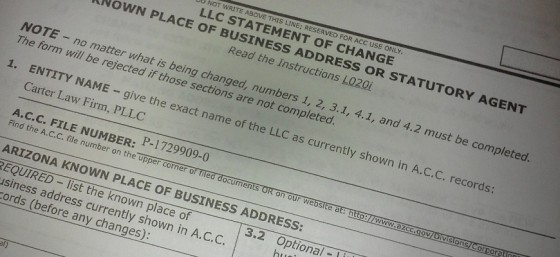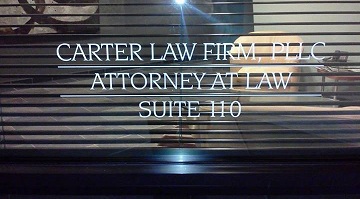Every business owner needs an accountant, and a good accountant is worth their weight in gold.
I’ve been saying that for years. Actually, I recommend visiting your accountant twice a year – once during tax season and once at the end of the year. And just to show I “eat my own dog food,” I wanted to share my experience seeing my accountant this fall.
Planning Ahead for Next Year’s Taxes
Visiting my accountant is a great way to begin the process of winding down the year. I brought him a copy of my Quickbooks. (I’m probably his only client who keeps their USB on a Star Trek key chain.) He did a quick review my books for the year to date, made sure everything is categorized properly, and he gave me an estimate of what I should expect to pay in taxes come next April. (I don’t get upset when I have to pay taxes. It means I made money.) I find it reassuring that my tax bill isn’t a big mystery looming in the future. With his estimate, I can budget in my expected tax bill starting December or January.
Avoid the Tax Season Insanity
When I meet with my accountant in November/December, we get to have a laid back conversation about my business for the last year and what’s on the horizon for the next year. This gives him a chance to provide more thoughtful advice since he’s not in the middle of the insanity of tax season. Meeting before the end of the year gives him a chance to give me any advice regarding an end-of-the-year spend-down or if I have a big purchase coming up, whether it matters which tax year it happens.
Connecting with a Fellow Entrepreneur
My accountant is also a fellow entrepreneur who meets with other entrepreneurs for a living. When I share my ideas for my business with him, he gives me suggestions from his own experience and from watching what’s worked for other clients.
I’m always happy to meet with my accountant and never flinch at paying his bill. If you haven’t scheduled your year-end meeting with your accountant, I strongly recommend it. If you don’t have an accountant for your business, get a referral from a trusted professional. Your accountant is your partner for your success. If you want to connect with me and my thoughts about why every entrepreneur needs an accountant, you can contact me directly or connect with me on Twitter, Facebook, YouTube, or LinkedIn. You can also get access to more exclusive content that is available only to people on my mailing list, by subscribing here.













